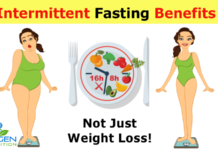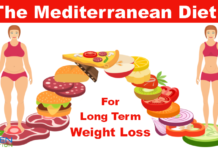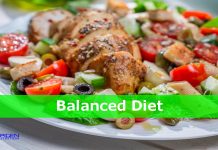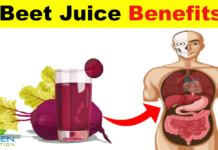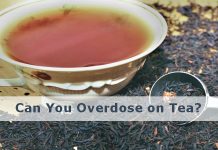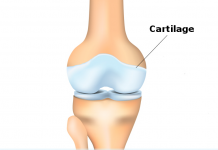Many of us are aware that the foods we eat can be a help, or a hindrance to our general health, causing various digestive problems.
Despite this fact, most of us will choose not to act on this knowledge, even though these dietary choices will first impact the health of our digestive system.
Having an unhealthy diet, or over eating on things that are sometimes deemed as ‘healthy’, can have negative effects within the gut or digestive tract, as well as impacting our general body’s health.
Let’s take a quick look to see if your current diet is causing you any issues, so you can avoid ending up suffering from things such as: stomach swelling, gastrointestinal problems, or other bowel disorders.
If you are able to relate to any of the following digestive problems, its time to take action and fast!
Don’t Overdo the Probiotics
We all need some form of healthy Probiotic within our diet, however, we must ensure a controlled balance of consumption.
The fact is, ‘Probiotics’ are fermented foods which contain live bacteria, therefore having too much of these can cause an imbalance of bacteria already within our digestive systems.
Healthy Probiotics such as yoghurt, sauerkraut, kimchi and even some traditional buttermilks offer excellent digestive properties, but if we over-indulge it can lead to some intestinal issues.
So, make sure you eat these within small quantities, and listen to your body. If you have any signs of bloating or experience an upset tummy, scale back your intake or try an alternative.
Do You Have a Drink While You are Eating?
Some of us like to have a nice glass of wine to compliment the meal we are about to consume, others opt for a nice ice-cold glass of water, after all, drinking plenty of water certainly has its health benefits.
But did you know that drinking whilst eating can actually lead to increased bloating and gas formation within the body?
Consuming fluids at the same time as eating leads to the ‘watering down’ of your digestive enzymes, which can compromise the digestive process.
Be Careful Eating Bran to Sort Constipation Issues
For those who have experienced some form of constipation, you may have been advised from someone or somewhere to include bran within your diet.
This is because bran is a form of insoluble fiber, which is known to stimulate bowel movements, and help with a variety of stomach issues.
You must be aware, however that this advice is not recommended for everyone.
People who suffer with conditions such as Slow Transit Constipation, or STC, have a slower passing of waste through the large intestine, meaning that when consuming bran, their digestive system has to work harder.
This can cause additional stress within the system and making them more susceptible to excessive gas and bloating.
Research has shown that a high number of people who suffer from Irritable Bowel Syndrome, or IBS, have been found to be hyper-reactive to insoluble fibers such as bran, beans and even some apples, as they aggravate the digestive system.
Few More Food Types to Pay Attention to
Legumes (e.g. peanuts, chickpeas and lentils)
Legumes are plant-based products, which contain compounds that, in some cases, have been found to irritate the digestive system.
If you do consume any legumes within your diet and are experiencing any gut-related issues, try reducing your intake for a while.
Dairy
As I mentioned above within the Probiotic section, some dairy products are considered healthy for your digestive system.
However, if you do have a high dairy intake and you are having some digestive issues, try choosing fermented dairy products such as grass-fed kefir, or acidophilus yoghurt which has a reduced amount of lactose, therefore making it easier for the body to digest. It may also benefit you to reduce your intake of milk.
Sugar
Did you know that by consuming a high level of sugar within your diet, it means you are providing a stable environment for ‘bad’ bacteria to multiply within your digestive system?
Unfortunately for many of us, this has a negative impact on our immune system, metabolism and in some cases inflammation within our gut, which, if encouraged, can lead to autoimmune-inflammatory symptoms.
“Try cutting down on your daily sugar intake, or find alternatives to improve your overall health and prevent any potential future issues.”











